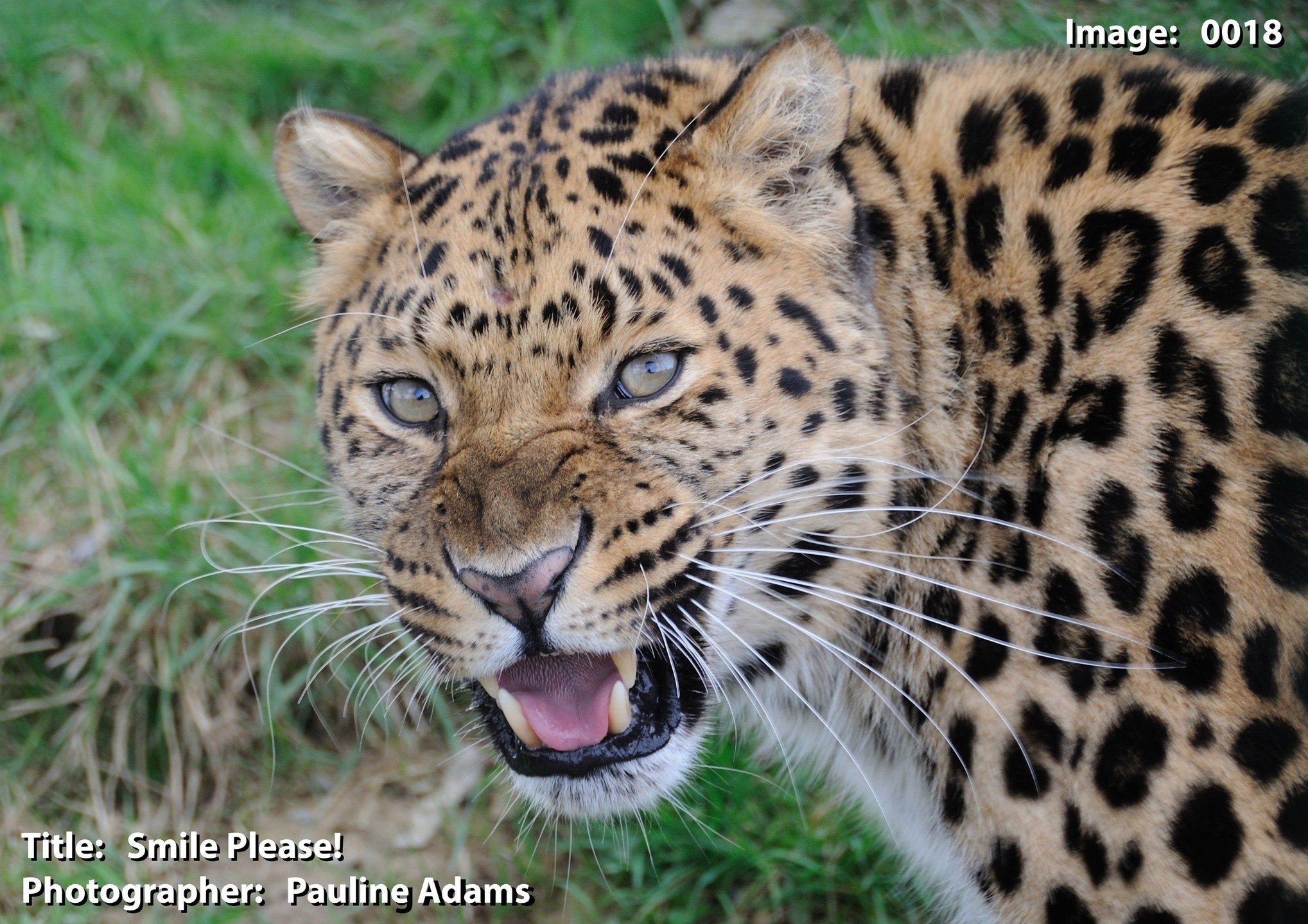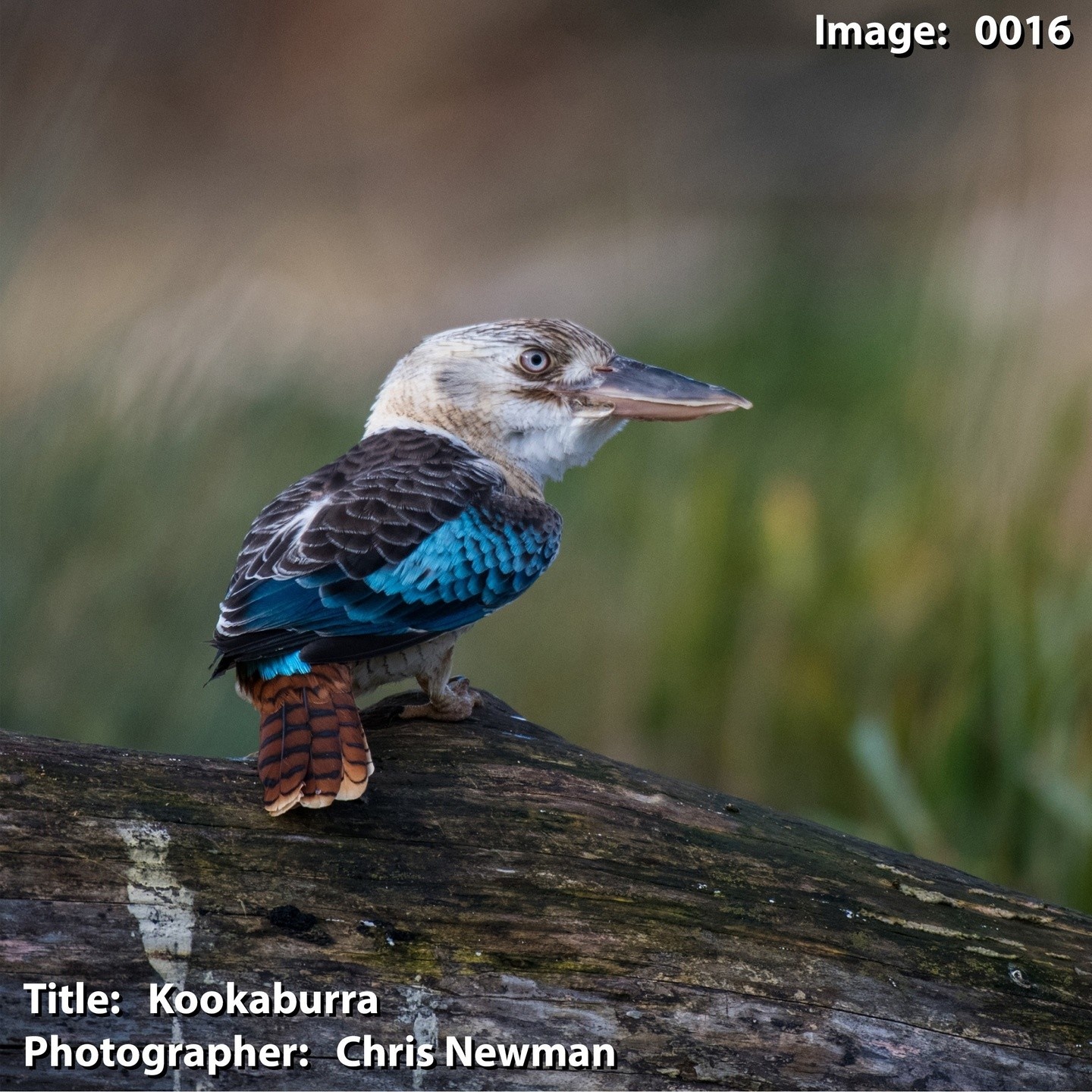Digital Photography
Getting Started
Use "Page" menu option above to navigate this page.
This workshop guides you through how to get out of the Automatic Mode and take control of your camera, to get your photographs looking how you want them to look.
You will be shown the main controls and menu options, with tips and guidance on wider aspects of photography.
Technical terms are explained in a non-technical manner.
This workshop is suitable for total beginners and those who have been away from photography for a while and wanting a refresher of the key principles.
This is more than just a workshop, with a range of training support options to help you progress further with your photography.
This is an outdoor practical workshop which takes place at the following locations and unless otherwise stated, runs at these times.
10:00 am - 1:30 pm Your workshop.
2:00 pm - 3:00 pm Tutor available for Q&A on workshop & photography in general.*
* This Q&A time is optional and available for you.
Andover
July 2nd, Sunday
August 19th, Saturday
October 22nd, Sunday
Salisbury
July 1st, Saturday
September 16th, Saturday
Basingstoke
July 23rd, Sunday
August 21st, Monday
October 1st, Monday
More dates will be added in the future.
This workshop is also run via our sister websites in Cornwall at:-
St Ives - with Photography In St Ives .... view
Penzance & Falmouth - with Photography In Cornwall .... view
An On-line version of this workshop is also available
with - Easy Steps Photography .... view
(These links will be going live shortly)
During your workshop you will be guided through and introduced to the following settings.
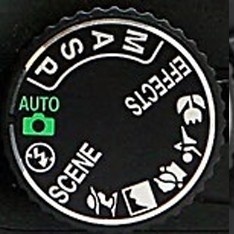
Shooting Modes
Automatic, Semi-Auto and Manual
The different levels of control available to you, from the Automatic; Semi-automatic; to the Manual, Shooting Modes.
Each has their own advantages.
Exposure
Adjusting Your Exposure
Getting the exposure correct so your image does not look too light or too dark (under/over-exposed).
A look at the Exposure Triangle and the three key settings of, Aperture (A); Shutter Speeds (S); and ISO used to control your exposure level.
* On some cameras, the Aperture (A) is also called Aperture Value (Av); and Shutter Speed (S) is called Time Interval (Tv).

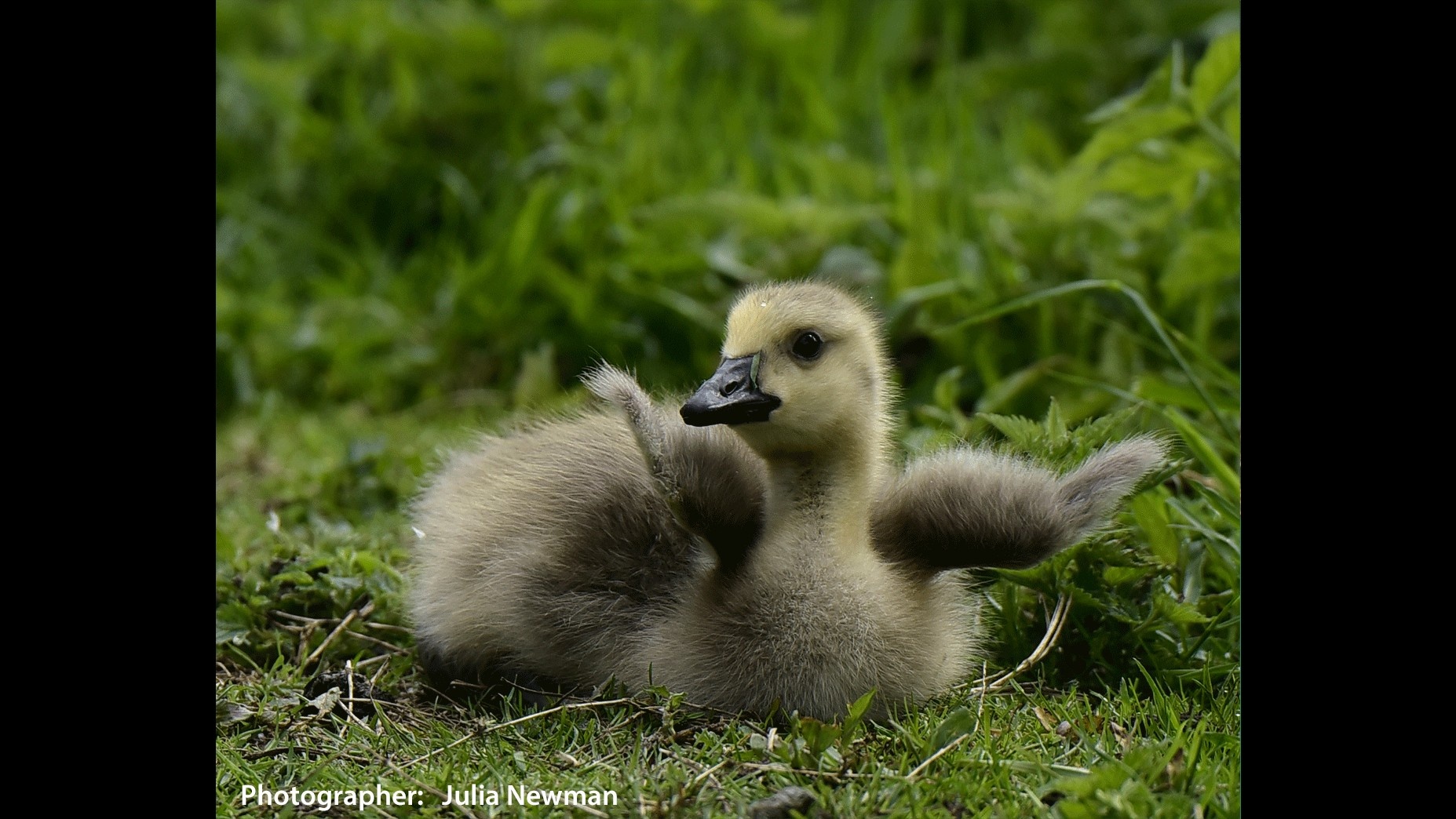
Metering Mode
Select The Best Light Reading
Control how your camera measures the level of light, to help you to achieve a better exposure level.
Different Metering Mode aids the camera to evaluate the scene for different conditions.
Aperture
Creative Depth Of Field
Use your Aperture to control the area in focus within your photograph, the Depth Of Field.
A useful creative tool to either blur the background or to make it appear sharp.


Shutter Speed
Control Capturing Motion
Freeze the movement of fast moving subjects or blur slow subjects to add a sense of movement, with the right shutter speed.
Another useful creative tool to control how you capture motion, fast or slow.
ISO
Choosing The Right Sensitivity For Your Sensor
Controlling how sensitive your camera is to light, lets you capture detail in brighter and darker lighting conditions, which may otherwise be lost.
Also useful to help you be more flexible with your Aperture and Shutter Speed settings.
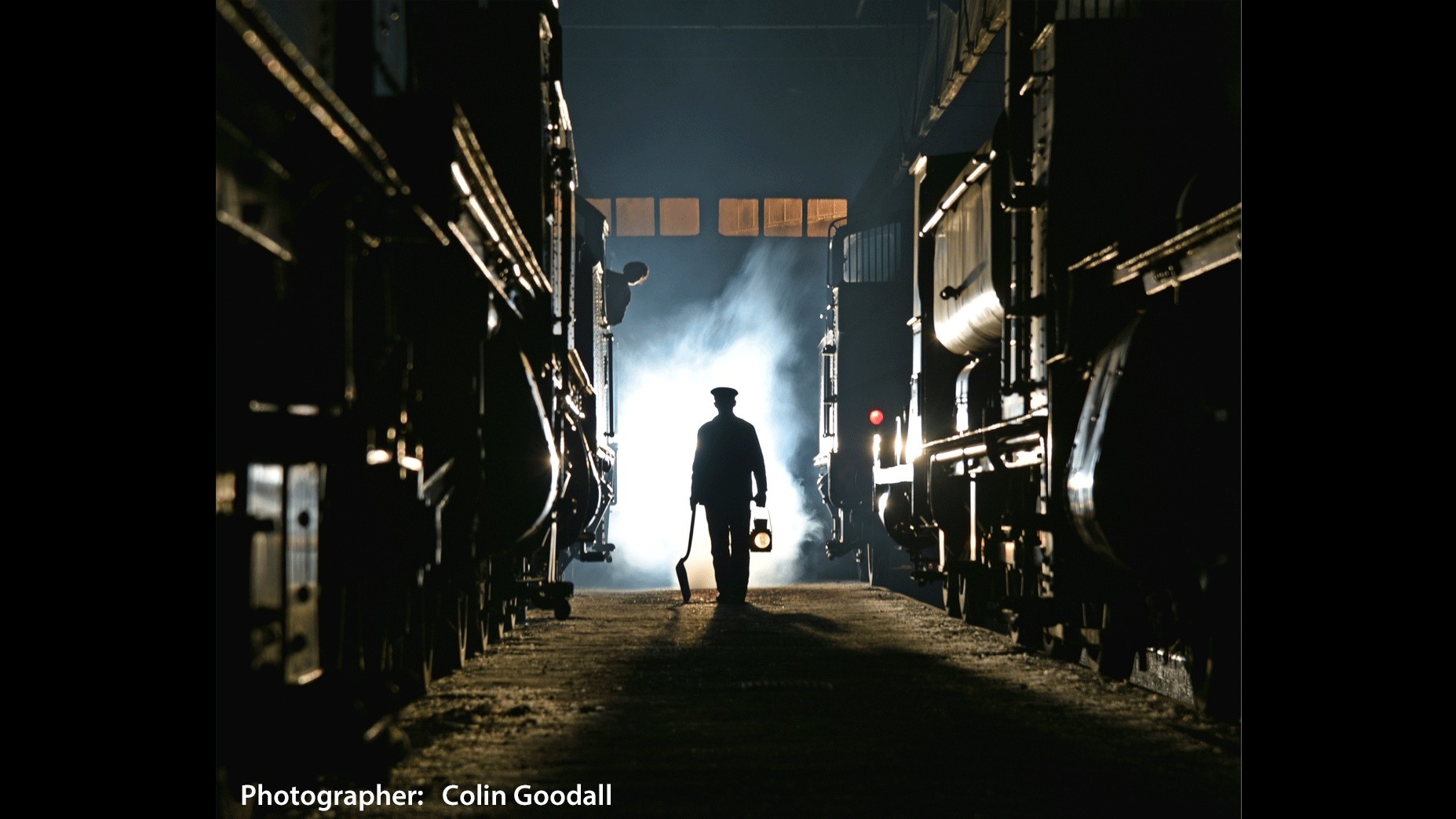
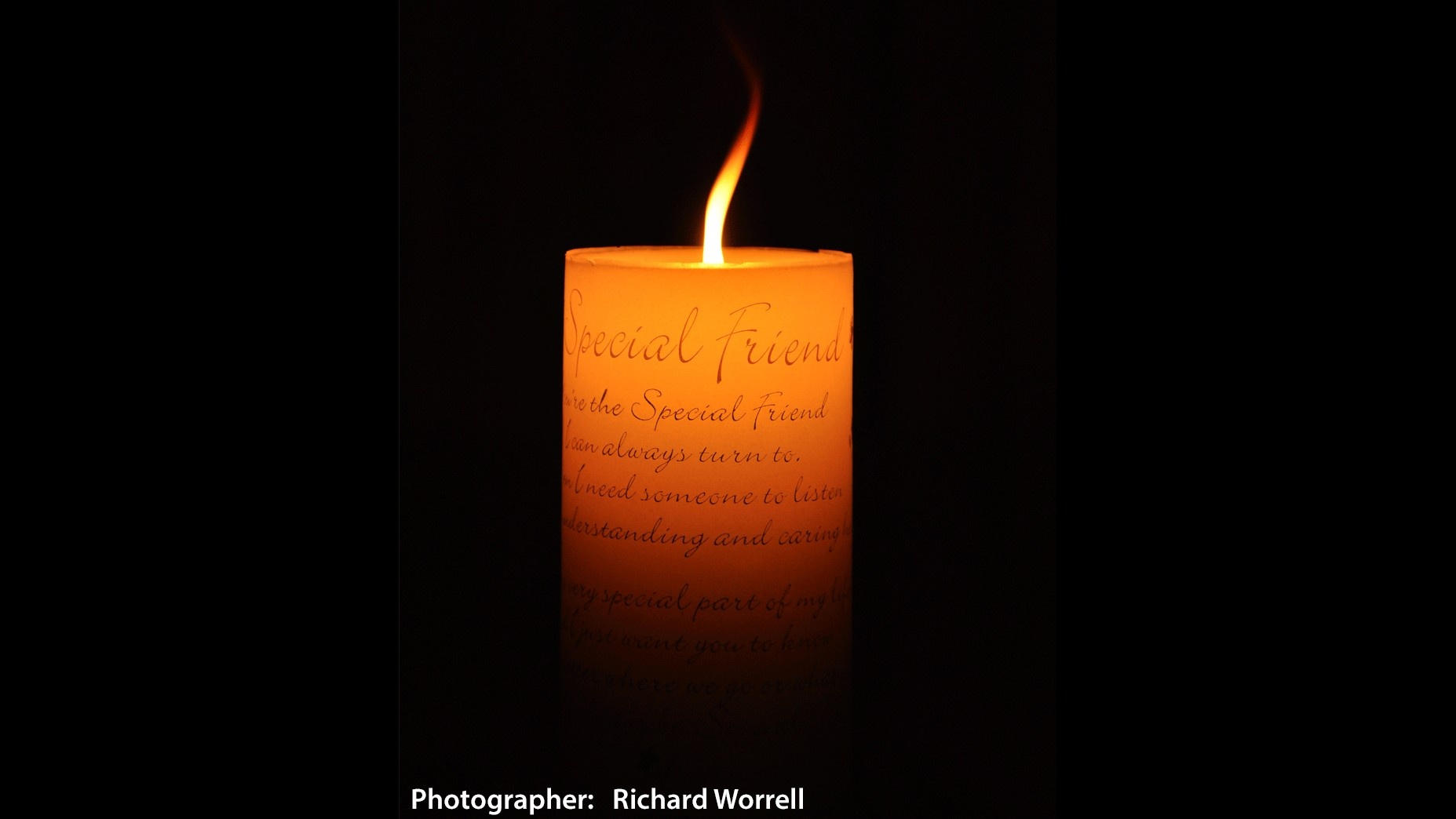
White Balance
Creative Control Of The Colour Cast
Different types of light can cause an unwanted colour cast, a tint of colour.
Using White Balance allows you to compensate for this, or to add them for creative effect.
Focus
Automatic & Manual Focussing
Get the best focus set up when shooting subjects that are either stationary or are moving.
You will have the advantages of using either the manual or auto-focus modes.
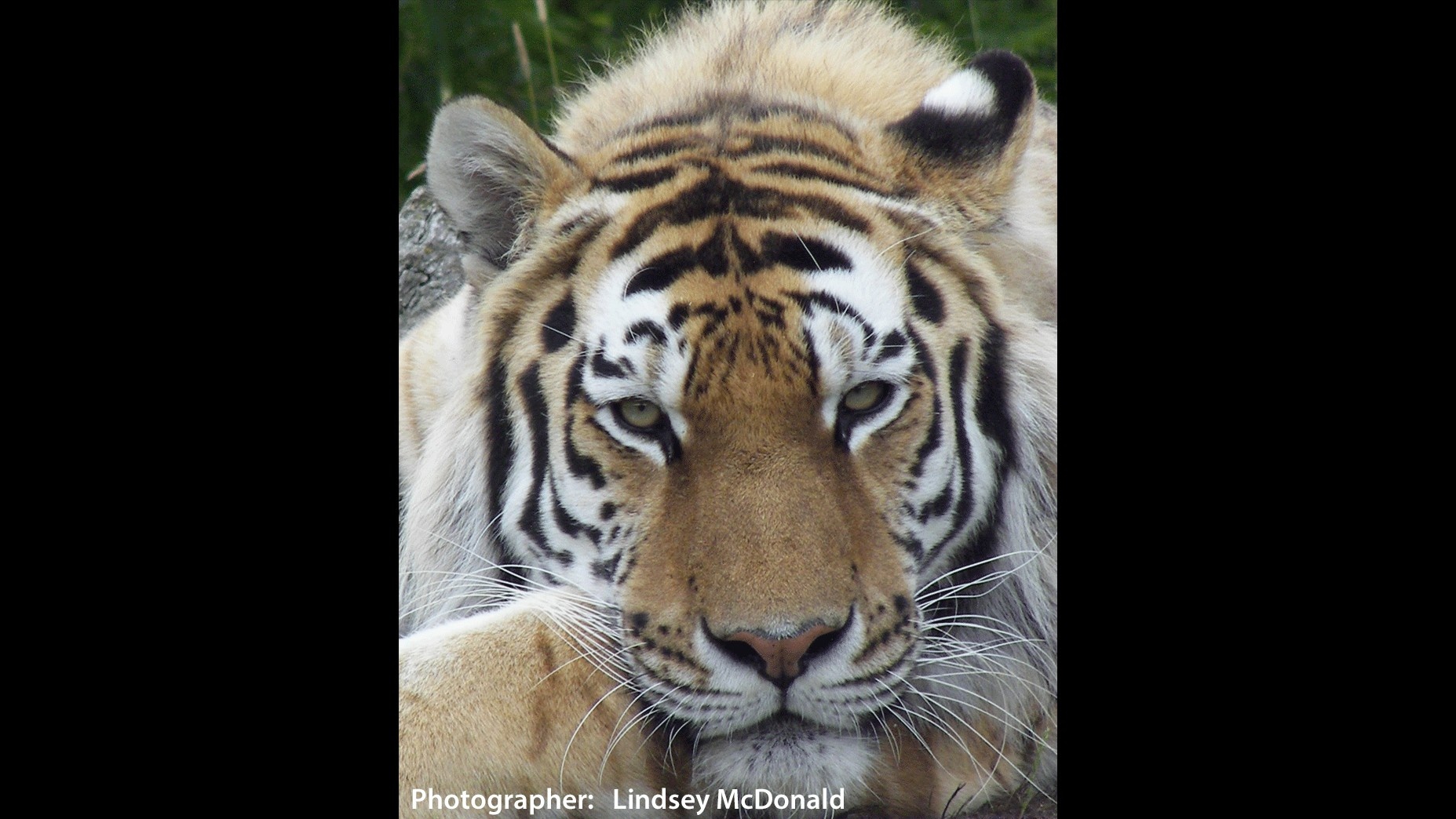
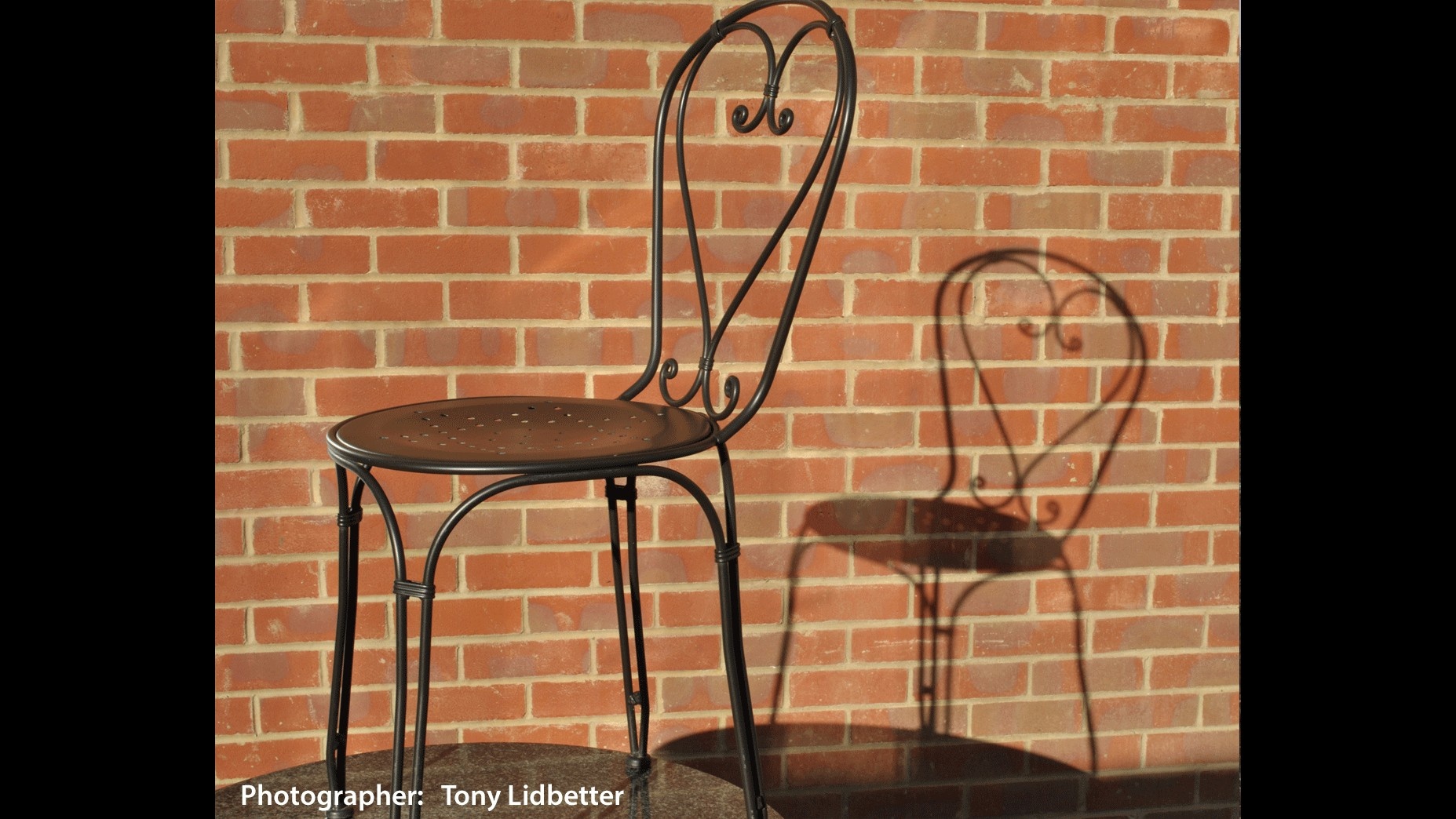
Composition
Frame Your Images
Simple guides to follow to help you frame and compose your subject, making your photographs more powerful and interesting to view.
Allowing you to create a visual impact with your photography.
Plus
Other Subjects Covered Include
Tips to hold your camera steady.
Simple ways to protect your equipment.
Safeguarding your images.
.... and much more!
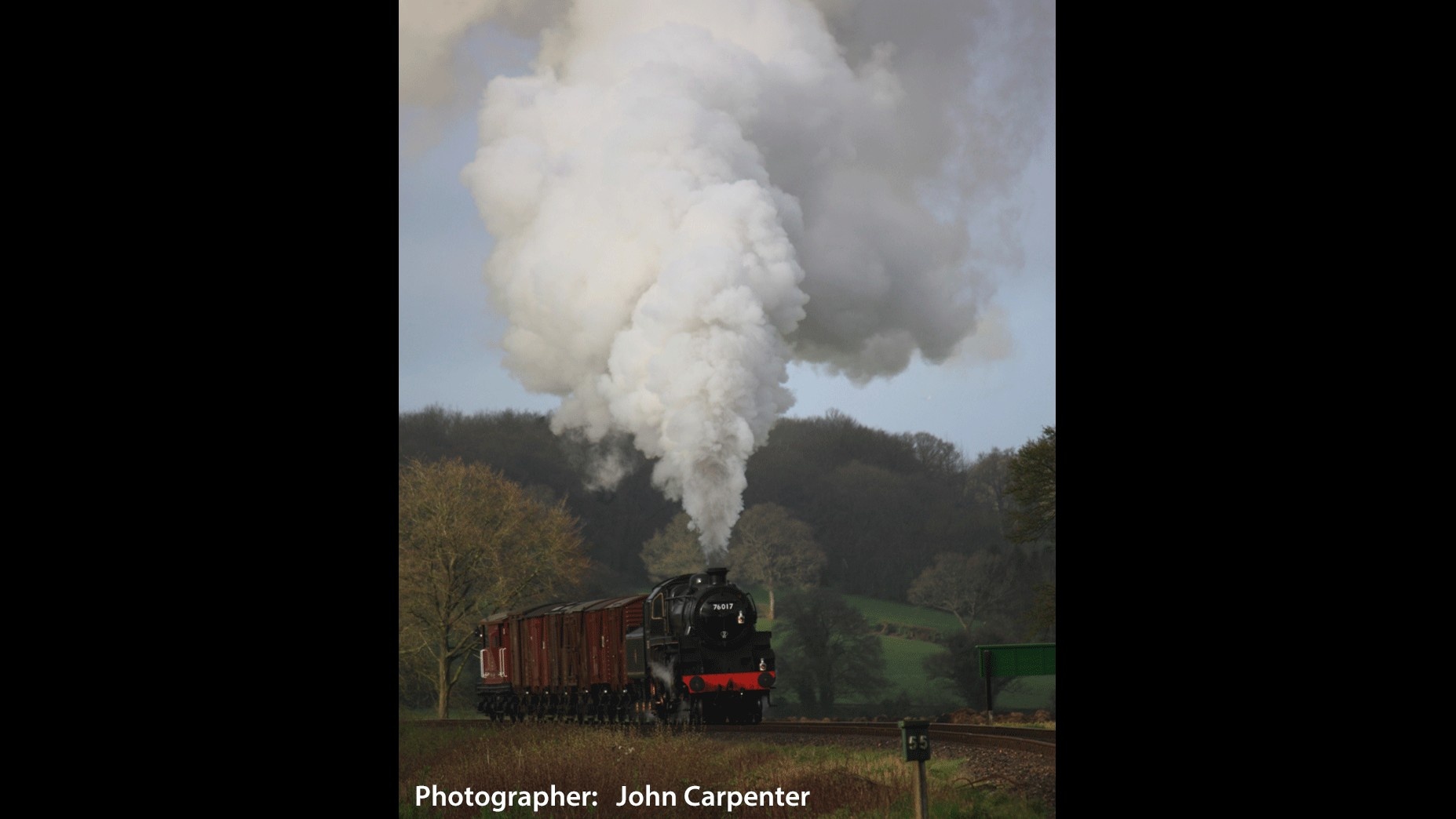
This is more than just a workshop
To help you progress on your photography journey and to ensure you get the most from your experience with us, the following optional elements of training support are included with your Digital Photography Getting Started workshop, depending on which option you choose.
Before
Pre-Workshop
Prior to your workshop you will be given access to information, check lists and short videos, to help you prepare so you get the most from your workshop experience with us.
This includes advice on what you should bring on your day.
(Camera with the battery fully charged and the memory card empty of previous images).
During
Workshop
Your workshop is made up of short sessions, each looking at a particular key subject and divided into:-
- Explanation of a principle, skill or technique, with technical terms explained using non-technical language.
- Demonstrations of how to carry out the skill.
- Instructor led walk through with the skill broken down into easy to follow steps.
- Guided coaching as you put your new skill into practice.
With a small group size, coaching is tailored to each of those attending.
After your workshop and a 30 minute break, your instructor will be available for an additional hour to answer any further questions that you may have or to talk photography in general.
This hour is optional and available for you.
After
Post Workshop
After your workshop you will be given access to the following features, to support, guide and help you on your journey with photography.
These are all optional so you can choose which suits you and you are welcome to take advantage of them all.
1 - On Line Resource
Additional resources are now available and include:-
- Summary Sheet of all the key points covered during your workshop.
- Mini-course series of videos, which take you through what was covered on your workshop.
- Guided exercises to help you put your new skills into practise.
You have unlimited access to this resource into the future and any upgrades made to them.
2 - Review Session
You will be invited to join a private and live on-line session (1 hour), where you can ask any questions that you may have.
These normally take place one evening in the week following your workshop.
3 - Live Sessions
Twice a month you can join a live on-line session, where you can ask any questions about your photography or photography training.
These are held on two dates every 4 weeks and with two times to choose from on each date. Normally at 10:00 am and 5:00 pm.
These are recorded and available to you in your on-line resources.
You have unlimited access to these into the future.
4 - Community
You will have access to our on-line Digital Photography Community, where you can get ideas, advice, get feedback on your images, ask questions and interact with like minded photographers and your instructor.
5 - Follow-On
For the three months following your workshop you will receive monthly additional tips, advice and guidance, as you put into practise what was covered on your workshop.
Future
Going Forward
Your workshop is just the start of your photography journey and we have a number of ways we can offer support and help you develop.
1 - Community
You will have on-going access to our Digital Photography Community. A great place swap ideas and get advice.
2 - Genres Of Photography
To help you develop your photography skills and find your preferred genres of photography, you will have the option to enrol on a range of themed workshops.
Or you may be interested in our six month Genres Course that covers 12 genres, with monthly live on-line sessions and exercises.
3 - Photography Club
Our on-line photography club has monthly live sessions and on a range of photographic subjects, often suggested by club members.
Each month you will be set a challenge, with competitions and prizes.
4 - Business Options
From advice on displaying your images at home; earning from a photography side hustle or perhaps starting a photography business, we have a range of options to support you.
These points are to help you decide if this workshop is suitable for you.

Who This Workshop Is For
This workshop is for those new to digital photography and who would like to get out of the automatic mode and take control of their camera.
It is also suitable for those who have been away from photography for a while and would like a refresh of the key camera settings.
With a small group size, there is time for both group and individual coaching during your workshop.
Access
Workshop locations have been chosen to be access friendly and with local facilities close by, plus with access to local public transport connections.
In total the walking distance covered throughout this workshop is a maximum of 0.5 mile / 0.8 km).
Please contact me if you need more information .... Contact
Carers
Access carers without a camera can attend the workshop for free and for carers who bring a camera with them, there is a 50% discount off the workshop fee.
A maximum of one carer per person.
Guardians
Guardians of children under the age of 16, are also offered the same discounts. Free if they do not bring a camera with them and a 50% discount if they do. A maximum of one child per guardian.
Children under the age of 16, must have a guardian in attendance throughout the workshop.
DBS - Disclosure And barring Certificates can be provided at the start of a workshop, if requested beforehand.
Equipment
All you need is your digital camera with the battery fully charged and your memory card empty of previous images.
Your on-line resource will give you more details on what you might want to bring (ie: a drink & suitable clothing).
Camera Type
This workshop will suit most types of digital cameras - DSLR, Bridge, Compact types, those which have the settings mentioned in the 'Subjects Covered' section above.
Look on your cameras body and/or in the menu selections for 'PASM' settings selection - (Programmed Auto; Aperture Priority, Shutter Priority, Manual Modes).
On some makes of camera, A is replaced by AV (Aperture Value) and S is replaced by Tv (Time Interval).
It is the same setting just with a different name.
If in doubt, contact us giving your cameras make and model number at .... Contact
You have the choice of two levels of training support for your workshop.
Currently you can get a free upgrade from the Standard to the Enhanced level of training support.
* Life-time access to on-line resource and future upgrades.
** Life-time access to Office Hours and digital photography Community
Upgrades
Once you have enrolled on your workshop you can upgrade to the next level of training support if you wish.
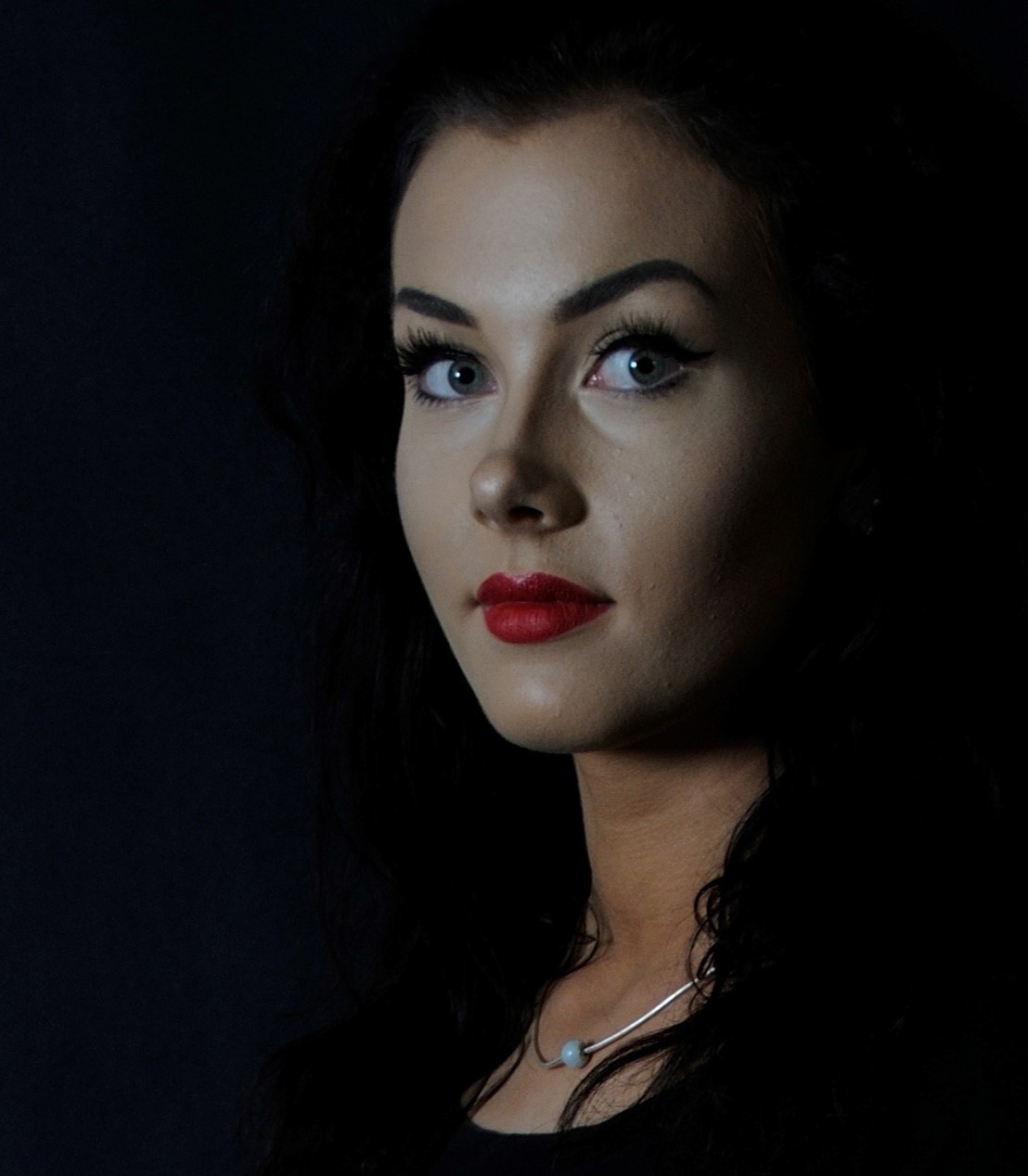
Questions Form
Please use this form to ask any questions that you may have and we shall get back to you as soon as we can.
If it is the first time you have contacted us, you will get an email asking you to subscribe, so that I am allowed to reply to your message. Dave
Your details are never passed onto a 3rd party.


